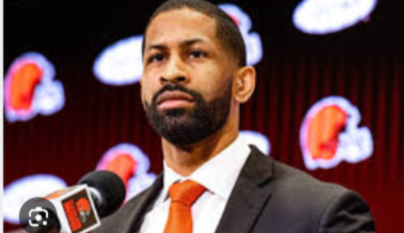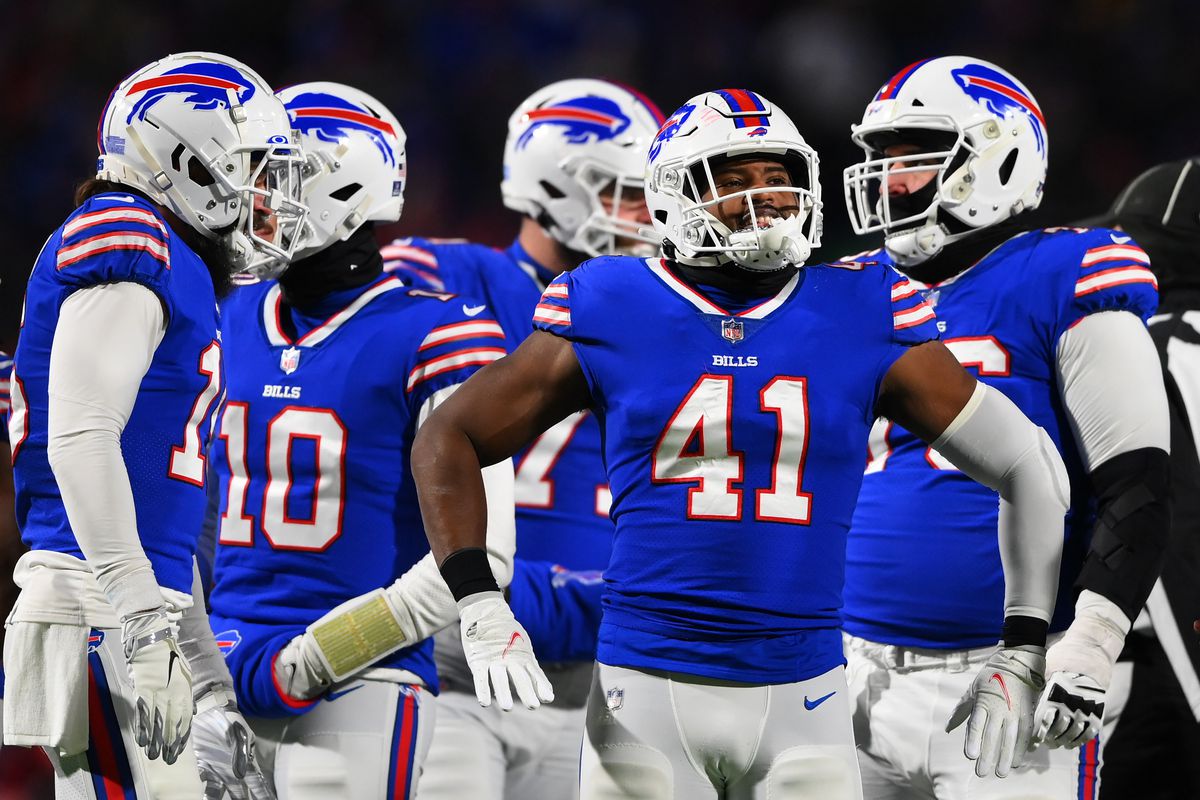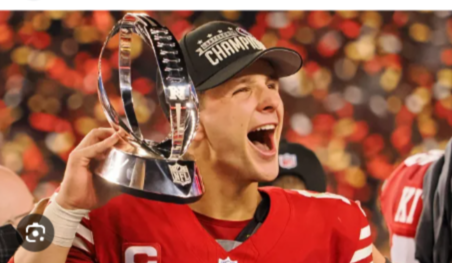Jordan Love: Why He Isn’t a Good Trade Option for the Packers
Despite the optimism surrounding Jordan Love’s recent contract extension and his promising performance, trading him may not be a prudent move for the Green Bay Packers. Here are several reasons why Love isn’t a good trade option as quarterback:
Promising Development and Potential
Love’s development has been on an upward trajectory, with fans and analysts noting significant improvement. His recent accolade as the seventh-best quarterback in the NFL, as voted by his peers, underscores his potential. Trading away a young quarterback who is on the verge of hitting his stride could be detrimental to the Packers’ long-term success.
Stability at the Quarterback Position
Stability at the quarterback position is crucial for any NFL team aiming for sustained success. The Packers have historically benefited from long-term stability under center with legends like Brett Favre and Aaron Rodgers. Love represents the next chapter in this legacy. Trading him would disrupt this stability and potentially set the team back in its quest for consistency and excellence.
Financial Considerations
Love’s contract extension, with a cap hit averaging $34.7 million per year until 2028, is relatively team-friendly compared to other elite quarterbacks. This financial flexibility allows the Packers to build a competitive roster around Love. Trading him would likely necessitate acquiring another high-cost quarterback, thereby straining the team’s salary cap and limiting its ability to strengthen other positions.
Fan and Team Confidence
A significant majority of Packers fans, 74 percent, have expressed satisfaction with Love and the terms of his contract. This support from the fanbase is invaluable for team morale and cohesion. Additionally, the coaching staff’s commitment to Love suggests a high level of confidence in his abilities and leadership. Trading him could undermine this confidence and create uncertainty within the team.
Timing and Market Conditions
The NFL’s current landscape is not particularly conducive to trading a young, promising quarterback like Love. With the league recently overcoming the financial threat posed by the Sunday Ticket case, the salary cap is expected to rise. This provides an opportunity for the Packers to maximize their championship window with Love under center. Trading him now would be a shortsighted decision that overlooks the long-term benefits of retaining a developing star.
Jordan Love represents the future of the Green Bay Packers. His development, potential, and the financial advantages of his contract make him an invaluable asset to the team. Trading him would not only disrupt the stability and confidence within the team but also limit the Packers’ ability to build a championship-contending roster. For these reasons, Jordan Love remains a cornerstone of the Packers’ strategy moving forward.



